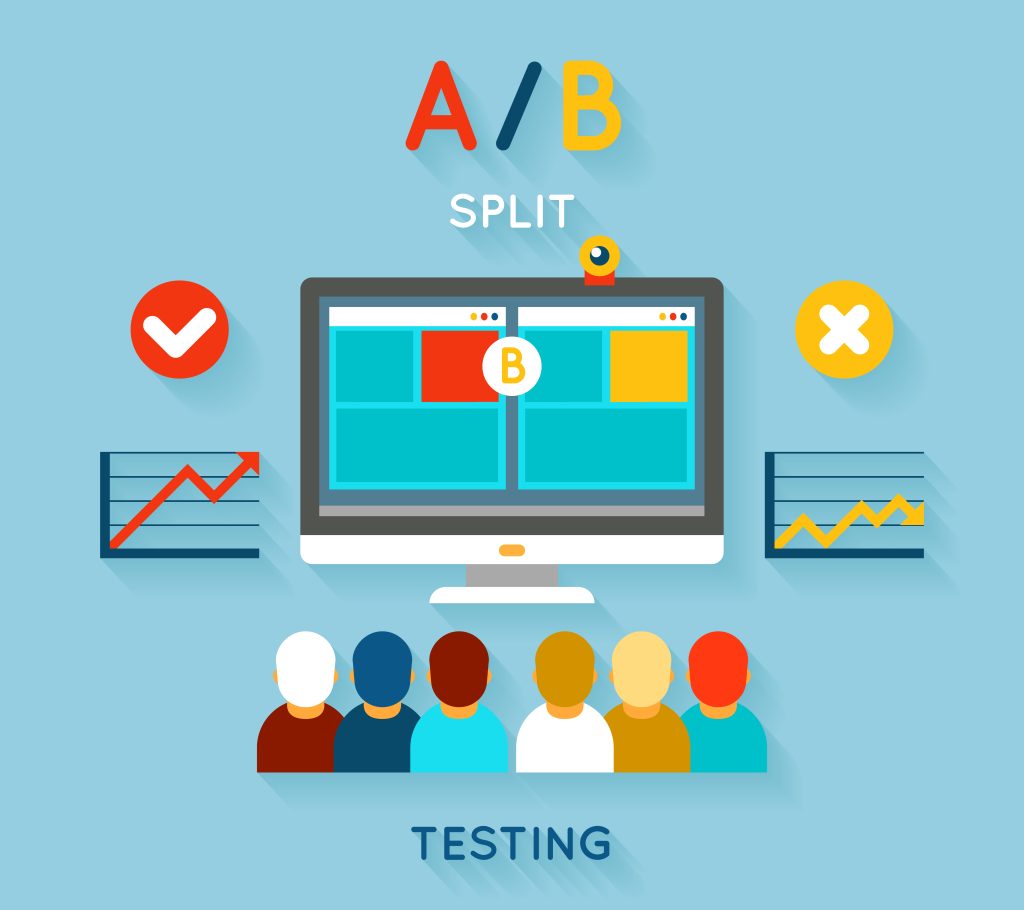Behaviour Driven Development has changed the nature of software testing and facilitated communication between technical teams and the business stakeholders. This new way of testing overturns traditional approaches to testing by focusing on behaviours and business requirements of users instead of mere technical specifications. However, choosing the best behaviour driven testing tools necessitates carefully weighing a number of variables that have a direct bearing on team output and project success. The research that follows looks at five essential elements that businesses need to take into account when assessing behaviour-driven testing solutions.
Effective behaviour-driven testing systems facilitate ease of communication among the developers, testers, product owners, and business analysts through user-friendly interfaces as well as shared documentation capabilities. Irrespective of the level of technical skills, all stakeholders need to be able to induce contributions in the design and maintenance of test scenarios using the tool. Effective collaboration utilities will guarantee that the business requirements are translated diligently into tests, which are executable, along with no break in connectivity between test outcomes as well as user histories.
The selected tool to use in testing should be able to connect to existing development spaces, build solutions, continuous-build systems in addition to release flows without the need to make substantial alterations to the infrastructure. The compatibility with recent testing libraries, frameworks, and programming languages helps to make sure that minimal interference with existing workflows occurs. The technical integration skills of the teams define their capability to successfully adopt the use of new tools without reducing the level of productivity and making use of previous technological investment and experience.
Tools for behaviour-driven testing should have user-friendly interfaces and thorough documentation so that team members can start producing right away without having to spend a lot of money on training. Ease of use is a crucial decision consideration since the difficulty of tool adoption has a direct influence on project schedules and team morale. While lowering the time needed for technical team members to become proficient, tools with mild learning curves promote greater involvement from non-technical stakeholders.
As projects expand and develop over time, testing solutions must be able to manage growing test suite sizes and needs for concurrent execution. When working with big applications or distributed testing environments that demand parallel execution capabilities, performance characteristics become crucial considerations. As businesses broaden their testing coverage and boost automation levels across several projects, scalable technologies guarantee that testing procedures stay effective and dependable.
Long-term tool viability and project success are greatly impacted by the constant work needed to manage technical debt, update tool settings, and maintain test scenarios. Better value propositions are offered by tools that reduce maintenance costs with capabilities like intelligent reporting, automated test creation, and strong version control integration. Development teams are less burdened by sustainable tools, which also guarantee that testing expenditures continue to yield returns throughout long project lifespans.
Conclusion
Teams are empowered by behaviour-driven testing to close communication gaps, identify requirements early, and produce software that is better and more in line with actual user demands. Opkey’s no-code platform makes it easy to build, manage, and automate scenarios without the need for technical knowledge, making the adoption of BDD a breeze. It’s easy to map reusable test components, run them using a sophisticated test runner, and provide up-to-date documentation. Hundreds of multinational corporations trust the Opkey because it speeds up release cycles and streamlines everyday operations, ERP migrations, and upgrades. With the Opkey enterprise testing tool, you can experience test automation like never before, increase productivity, lower risk, and make sure your software satisfies customer expectations and corporate objectives.

